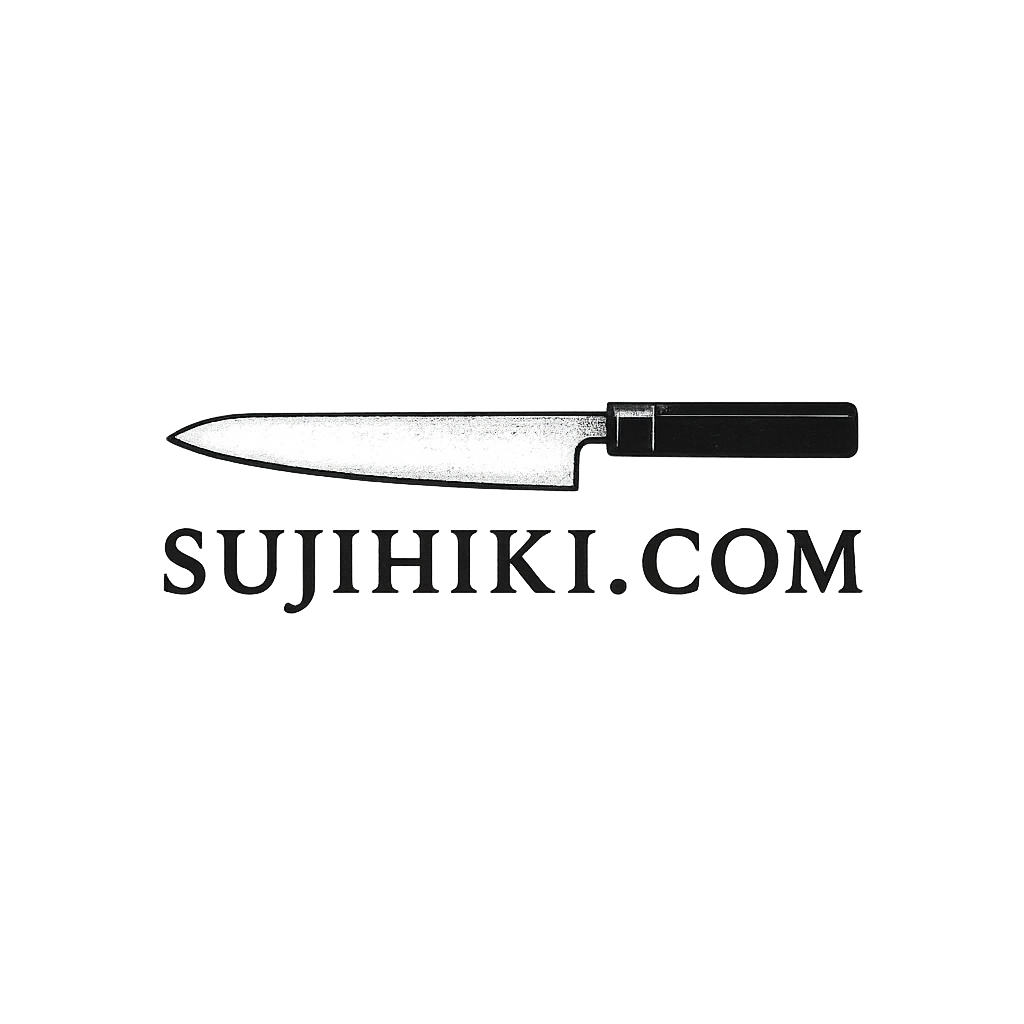
A knife is one of the most powerful tools you can give — but in many cultures, especially in Japan, gifting a knife comes with taboo connotations. Why? And how do people get around it?
In Japanese culture, gifting a knife is traditionally seen as severing a relationship. The word "cut" (切る, kiru) is symbolically associated with ending — whether it's a bond, a contract, or even a friendship.
This superstition is strongest in contexts involving:
- Weddings or engagements
- Business partnerships
- Close personal ties
Giving a knife could be seen as a silent message: “Let’s part ways.”
Other cultures echo the same symbolism: - In many Western traditions, gifting a knife without payment is also bad luck. - Some believe it “cuts the friendship” unless the recipient pays a symbolic amount — like a coin.
In Japan and elsewhere, the custom is to include a coin with the knife — typically a 5-yen or 10-yen coin.
The recipient then "pays" the giver back with the coin. This transforms the gift into a purchase, avoiding the symbolic "cut."
Despite the superstition, knives are still commonly given: - To professional chefs, especially during promotions or openings - To cooking enthusiasts by friends or family - As heirlooms passed down generations
In these cases, the knife symbolizes support, craftsmanship, and commitment — not division.
Gifting a knife is not about superstition — it’s about intention and cultural understanding.
If done respectfully, it can become one of the most meaningful gifts a cook or craftsman ever receives.
包丁を贈るという行為には、実は縁起が悪いとされる背景があります。
日本では古くから「切る」という言葉が、縁を断ち切ることを連想させるため、慎重に扱われてきました。
「包丁=刃物」を贈ると、「関係を切る」という意味に受け取られることがあります。
特に以下の場面ではタブーとされることも:
気持ちはあっても、「無言の別れ」のように感じられてしまうことがあります。
西洋でも、ナイフの贈り物は不吉とされる文化があります。
対策として、受け取る側がコインを返すという風習があります。
日本では、5円玉や10円玉を箱に同封することで、「これは贈り物ではなく、形式上の購入です」とすることができます。
受け取った人はコインを渡すことで、縁切りの意味を回避できます。
とはいえ、以下のようなシーンでは包丁は縁起物として歓迎されることも:
このような場合、包丁は技術・信頼・愛情の象徴となります。
包丁を贈ることは、一見タブーのように思えますが、正しい方法と心遣いがあれば、非常に価値ある贈り物になります。
文化的背景を理解し、思いを込めて贈る。それが何より大切です。